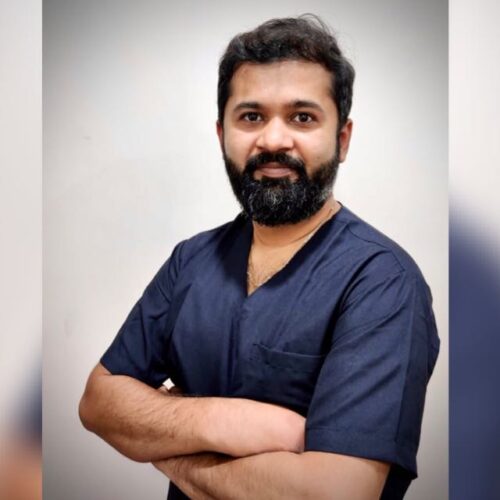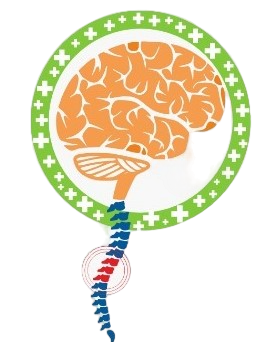Epilepsy Surgery
Epilepsy is a long-term neurological condition that impacts the functioning of the brain. It is distinguished by recurring seizures, which are brief episodes of irregular electrical activity in the brain. Epilepsy surgery and epilepsy treatment in India are crucial aspects of managing this condition, offering specialized medical interventions and surgical procedures to enhance the quality of life for individuals affected by epilepsy.
Characteristics of seizures:
- These are abnormal involuntary movements of the body.
- They last for a few seconds to a few minutes.
- The patients may lose consciousness during the seizure.
- There may be frothing from the mouth, spontaneous urination, memory loss, or weakness after a seizure, lasting for a few hours to a day.
- Patients with epilepsy or frequent seizures can have an aura when they feel that a seizure is about to happen.
Type of Seizures:
- Generalized seizures: these are associated with loss of consciousness, and may involve involuntary jerky or stiff movements of either of the limbs or deviation of the face.
- Partial seizures: these are NOT associated with loss of consciousness. There is abnormal episodic involuntary movement in some parts of the body. These seizures can progress to become generalized.
- Absence seizures: these occur as a sudden brief loss of consciousness or awareness of the surroundings. These can be catastrophic as they predispose the patient to bodily injuries.
- Other seizures: It can be an abnormal sense of smell, hearing, sensation, etc. which can be episodic, lasting for very few minutes.
While the exact cause of epilepsy is not yet fully understood, it can be managed with medication. However, if medication is not effective in controlling seizures, your doctor may explore other options such as an epilepsy operation.
Epilepsy surgery is a complex procedure aimed at preventing seizures from happening. While it may sound daunting, epilepsy surgery has proven to be very effective in controlling seizures for many people. A doctor will carefully evaluate your situation to determine if epilepsy surgery is the right option for you. The type of epilepsy surgery that is right for you will depend on the type of epilepsy you have and the location of the seizures in your brain.
If you are experiencing epilepsy, and you find that medication is not helping, you may want to consider epilepsy surgery as a possible treatment option. Epilepsy operation/surgery is a medical procedure that involves removing or altering an area of the brain that is causing seizures. It is a life-changing surgery, as it gives complete freedom from seizures. It helps one live a normal social, professional and personal life. A doctor can help you understand the potential benefits of the surgery, as well as any potential risks or complications involved. For those seeking epilepsy treatment in India, consulting with a qualified healthcare professional can provide valuable insights into the available options, including the potential benefits of epilepsy surgery in Gurgaon, India in improving one’s quality of life.
FAQ
1. How is epilepsy diagnosed?
Epilepsy diagnosis involves identifying the type of seizures you experience and the underlying cause, as different seizure types respond better to specific treatment approaches. The diagnosis is primarily based on a thorough medical history, a comprehensive physical examination, and a specialized neurological assessment.
2. What are the side effects of epilepsy medications?
These side effects may vary depending on the specific medication, dosage, and length of treatment. Some common side effects include blurry or double vision, fatigue, sleepiness, unsteadiness, stomach upset, skin rashes, low blood cell counts, liver problems, swelling of the gums, hair loss, and weight gain. It is important to work with your doctor to find the best medication and dosage for you, and to be aware of the potential side effects.
3. What are the common causes of epilepsy?
Epilepsy can be caused by various factors, including cerebral palsy, brain infections, metabolic disorders, structural brain abnormalities, head trauma, and hereditary diseases. In adults, structural brain disease, trauma, infections, and toxins are more common causes. However, in about half of all cases, the cause of epilepsy remains unknown.
Awesome Doctors for Medical and Health

Dr Himanshu Champaneri
Neurosurgeon
Dr Himanshu Champaneri is a neurosurgeon at Gurugram, Delhi NCR, attached with Marengo Asia Hospitals. He serves as a Senior Consultant and leads the Functional, Epilepsy & Endoscopic Neurosurgery (FEENS) services for the Marengo Asia Health Care Hospitals.



Leave a Reply